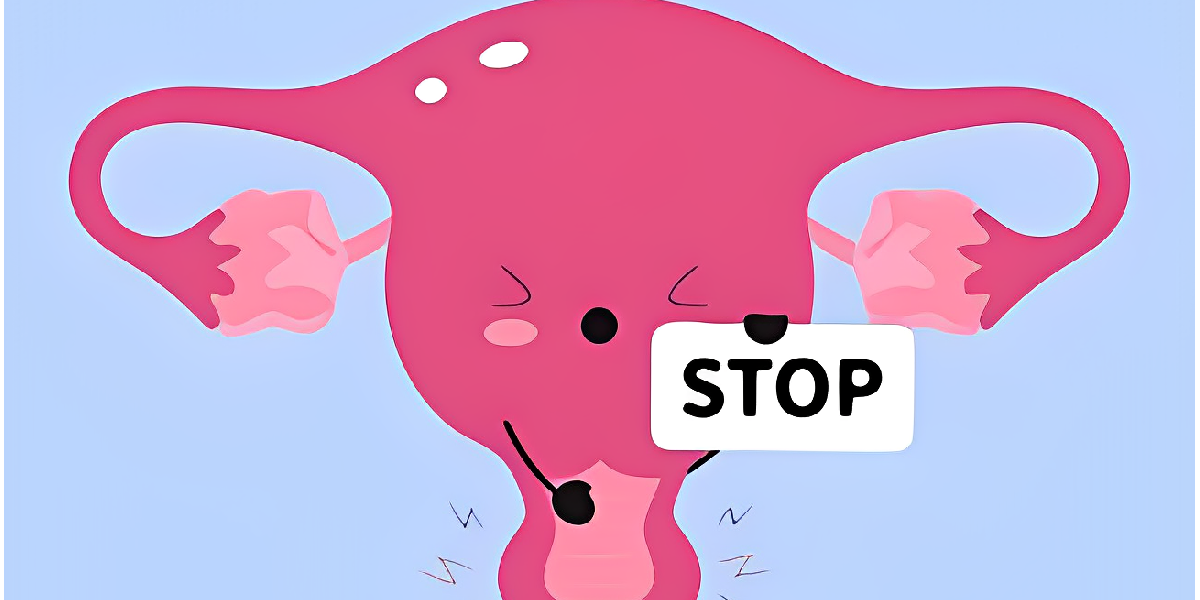© Copyright 2018. All Rights Reserved.
Infertility Definition
When women cannot conceive after a year or more of unprotected sexual activity or do not carry to term their pregnancy, they are said to have infertility. Genetic conditions, hormonal imbalances, structural problems, and lifestyle factors can all lead to this illness, which affects both genders.
-2023-11-20-655b3a41d317a.png)
Impact on Emotions
Infertility has a profound emotional impact. On the journey, frustration, sadness, guilt, and inadequacy often accompany a feeling of inadequacy. A loved one, a support group, or a professional counselor should be able to offer support and help when these emotions arise.
Challenges to be overcome
The first step to recovery is seeking professional help. Various tests and treatments can be recommended by fertility specialists, reproductive endocrinologists, and other healthcare professionals. In vitro fertilization (IVF) is one of the assisted reproductive technologies (ARTs) that may be used in these treatments.
A community of support
It can be isolating to undergo infertility treatment, but there are many couples and individuals who have experienced it firsthand. It's beneficial to join support groups, participate in online forums, or seek counseling to feel as if you belong.
Strategy for Coping
Emotional strain needs to be dealt with in an effective manner. Manage your anxiety and maintain your emotional well-being by engaging in stress-reducers such as yoga, meditation, exercise, or creative outlets.
Hope's embrace
I believe it is essential to hold onto hope despite the difficulties of infertility. Treatment options for infertility are continually expanding thanks to advances in reproductive medicine. Aside from adoption and surrogacy, other alternative paths to parenthood are also available.
Providing support to family and friends
This challenging time can be made easier with the help of family and friends. When offering support, it's important to exhibit empathy, sensitiveness, and understanding. You can make a significant difference by being present and listening without judgement.
Male infertility signs include:

Ejaculation Problems: Ejaculation difficulties or difficulty maintaining an erection may indicate an underlying fertility issue.
Testicular Anomalies: A lump, swelling, or discomfort in the testicular area could indicate infertility.
Sperm Analysis: Infertility in males may be associated with low sperm counts, poor sperm motility, or abnormal sperm morphology.
Hormones Imbalance: Fertility can be affected by hormonal imbalances, especially testosterone.
Infertility Causes: Physicians diagnose infertility as a result of previous surgery, infection, or other health conditions.
Factors in sperm health: Drinking excessively, smoking, using drugs, being overweight, and being exposed to toxins can adversely affect sperm health.
Treatment Options and Help Seeking:
A healthcare professional who specializes in fertility should be consulted if any signs of male infertility are noticed. To diagnose potential issues, a doctor may conduct a semen analysis and hormonal assessment.
Among the possible treatments are:
A medication: Used to treat hormonal imbalances or infections.
A surgical procedure: Usually used to correct anatomical issues affecting fertility or conditions such as varicocele.
Assisted Reproductive Technologies (ART): Artificial fertilization (IVF), intracytoplasmic sperm injections (ICSI), or other means of conception can help fertility.
Improve Fertility with Lifestyle Changes:
Keep Your Diet Balanced: Nutrition is essential for healthy sperm.
Keeping Fit: Walking and other moderate physical activities can improve reproductive health.
Embrace Healthy Habits: Avoid illicit drugs, stop smoking, and limit alcohol consumption.
Female infertility signs include:

-
Periodicity : An imbalance in the reproductive cycle may indicate underlying fertility problems.
-
Heavily Bleeding Periods: Heavy bleeding during your period may indicate conditions like endometriosis and fibroids that may impact your fertility.
-
Irregular hormone levels : Excessive hair growth or acne may be caused by fluctuations in hormone levels.
-
Decline in Fertility with Age: Fertility naturally declines with age, and after 35 it becomes steeper.
-
Prior Pelvic Inflammatory Disease (PID) or Sexually Transmitted Diseases (STDs): There can be scarring or damage to the reproductive organs following infections that affect the reproductive system.
-
Missed Pregnancies: If you have experienced multiple miscarriages without knowing the reason, you might be pregnant.
-
Inherited Conditions : The effects of inherited conditions such as polycystic ovary syndrome (PCOS) and thyroid issues can impair fertility.
Treatment Options and Help Seeking:
An infertility specialist or gynecologist should be consulted when there are signs of female infertility. Various tests are performed to identify potential problems, including hormone evaluations, ultrasounds, or laparoscopic procedures.
Among the possible treatments are:
-
Medical treatments: Treatments for infertility or hormonal imbalances, such as fertility drugs.
-
Surgical procedures : Intrauterine device insertion for the treatment of endometriosis, fibroids or blockage of the fallopian tubes.
-
Assisted Reproductive Technologies (ART): A variety of ART methods may be used to assist conception, including in vitro fertilization and intrauterine insemination.
Improve Fertility with Lifestyle Changes:
-
Nutritional Support : Nutrition plays a significant role in promoting healthy reproduction.
-
Physical Activity: Exercise can have a positive impact on fertility and overall health.
-
Managing Stress: Meditation, yoga, or psychotherapy can enhance fertility by reducing stress levels.
In conclusion:
Women and men can experience infertility in a variety of ways.A first step towards seeking help is recognizing these signs and exploring available options.Medical support should be provided with empathy, understanding, and proactive approach to fertility concerns.Couples can provide invaluable support for each other if they seek help together through infertility.Fertility challenges can be overcome with the aid of advancements in reproductive medicine and a supportive healthcare team.
Tags:
#infertility #Treatment for fertilityRecent Post
-

Intrauterine insemination (IUI) Success Tips: Enhance Your Fertility
-

The Connection Between HCG Hormone and Pregnancy: Explained in detail
-

Conquering Asthenozoospermia: Strategies for Male Fertility Success
-

Embracing Sensuality with Vaginismus: Strategies and Support
-

Understanding Endometriosis: Symptoms, Causes & Management | Guide





